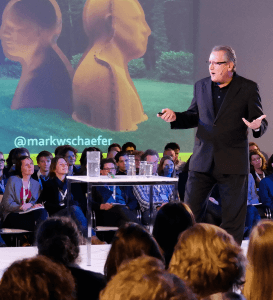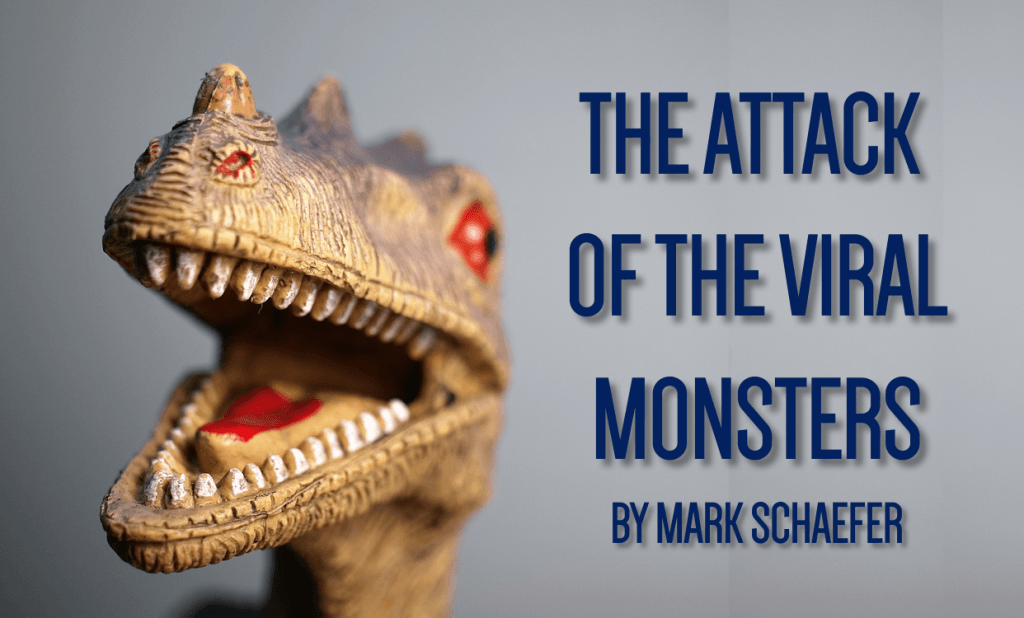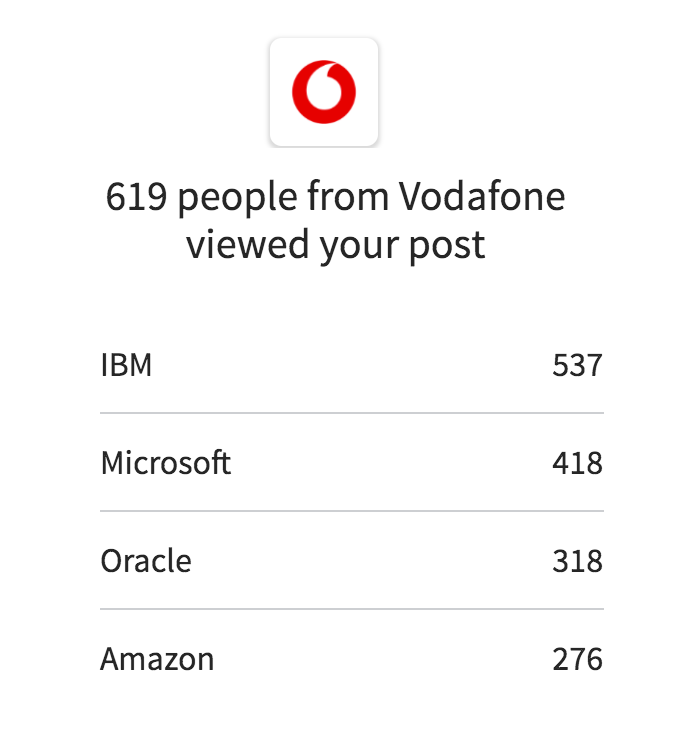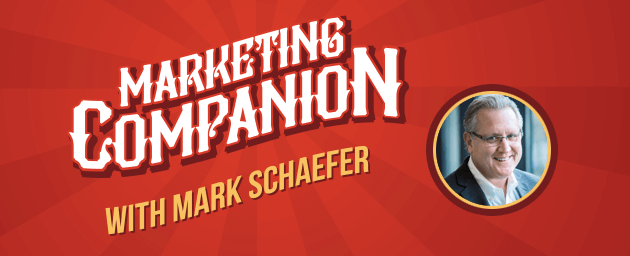By Mark Schaefer
I recently wrote a mere 208 words on a LinkedIn post that went viral — more than 653,000 views, 2,335 likes, and 440 comments. It also brought out some of the most mean-spirited commentary I have experienced in my career.
There’s an interesting tale behind this episode and some lessons, too. Here’s the story behind my post.
I’m over it
I’m generous with my time and go out of my way to help people but I am getting fed up with the high percentage of strangers who connect with me on LinkedIn and then immediately ask me to help them find a job, review their software product, or promote their business. In my mind, LinkedIn should be about building relationships, not “pitching” me in the very first message.
With the volume of connection requests I receive this practice is wearisome. So this is what I wrote:
I receive as many as 50 new LinkedIn connection requests a day and I would say 50 percent of these folks ask for a favor as soon as I connect back.
Let’s say you have a new neighbor. Would you stop by their home and ask them for a job? Sell them your new accounting services? Would knock on their door and ask them to review your new software product?
Here is a request I received today: “I’m getting in touch to see if you would feature us on your blog, a Q&A with Sales and Marketing Director XYZ on our commitment to being an inclusive and diverse travel agency. ” I don’t know this person. I do not write about travel or travel agencies and this content would be irrelevant to my audience.
I don’t mind helping people but I am also not going to reward people who send out cut-and-paste self-serving spam to me (and many others) without even a notion of what I do, what is meaningful to me.
I feel like an object people just want to use. Why do I exist merely to do favors for complete strangers? Doesn’t anybody recognize the power of building social capital any more? I’m really over it.
I was pretty blown away by the massive and emotional response to this post. To me it doesn’t seem too controversial, but it apparently struck a chord (in both directions!)
Lesson learned:
1) There is power in being personal
If you view social media as a place to just paste links, you’ll never really unleash its full power. I find that my own personal views and introspection get more views, more traction, and more engagement than any link I might share. A good reminder to be human.
2) Engagement is a drain
One of the problems I have with “engagement” as a social media metric is overlooking the true business cost of getting that engagement. In this case, I read every comment and responded to people where appropriate. This took hours of my time … hours that of course I had not planned for!
My view is that a comment is an extraordinary gift — somebody is giving you their irreplaceable time — so I am going to honor that by liking or commenting back. But you can also go broke on “engagement!” At one point this post was taking up so much effort I just wanted to figure out a way to turn it off.
3) Some people are just mean.
I’ve been so lucky to have created a social media following of truly wise and kind professionals. But when this post started getting traction, LinkedIn gave it more visibility and my comment started sailing into open waters beyond my audience. The post attracted thousands and thousands of people who don’t know me but were quick to judge me.
95 percent of the responses were positive and professional but I was amazed at how mean people can be over such a simple post. One person called me “pathetic.” Some comments moved to other platforms where fake accounts called me a “douchebag” and a “faggot.” Another sent me a series of haranguing emails telling me I was insecure because I had “not accomplished anything in my life.”
Re-reading my post I can see why somebody would interpret this as being whiney but nobody deserves abuse over an honest business observation. I have a thick skin so I didn’t take any of this personally, but it’s disappointing when people are harshly judgmental about another person they don’t even know. It was a good reminder about how screwed up the internet is.
4. The opportunity of dinosaurs
Another surprise (a shock, really) is the number of people who not only justified the spammy behavior of others … but advocated it. Their position was that LinkedIn is all about cold calls, so get over it.
The value of every social platform is what you put into it. For me, I have made tremendous relationships through LinkedIn and those relationships have turned into business opportunities.
In the old days, the only way we could ever connect with somebody was to literally make phone calls that were cold. But today, you can often connect in really meaningful ways through social media. You can pre-populate a business relationship with goodwill before you ever ask for a meeting or a sale.
I understand that in some situations you still need to do cold calling, especially with executives who aren’t accessible online. But in many cases today cold calling is just lazy business, especially if you’re sincerely trying to connect to a person like me who is active on social media.
There is big difference between social selling and social spamming. Here’s how many LinkedIn “cold calls” I respond to: zero.
Here’s how many LinkedIn friends I respond to: All of them.
I think this an opportunity. if you’re competing against the cold calling dinosaurs, or doing it yourself, there is a better way.
It’s not just a difference of opinion. Research shows that digital natives don’t want to hear from sales people, or want to hear from them later and later in the sales process. They want to connect through content until late in the decision process.
5. The positives
I didn’t expect that this little post would have an impact on anything. But it did, and I’m glad. It started an important conversation about social selling. Here is a screen shot of the company representatives who viewed my post the most:
Perhaps the public discussion about my post on LinkedIn is the tip of the iceberg. Maybe this ignited meaningful conversations at some of the world’s biggest companies about how they approach online sales.
Could it be that this discussion prompted sales leaders at these companies to re-think LinkedIn “quotas.” Maybe they’re reflecting on building true relationships versus a tally of cold calls. I’ll probably never know for sure … but perhaps in the end my post will have an impact on the quality of engagements and connection we receive on LinkedIn.
Any way, I have been immersed in the social media world for a decade and this experience just goes to show there are still surprises around every corner!
What’s your take on this episode?

Illustration courtesy Unsplash.com




